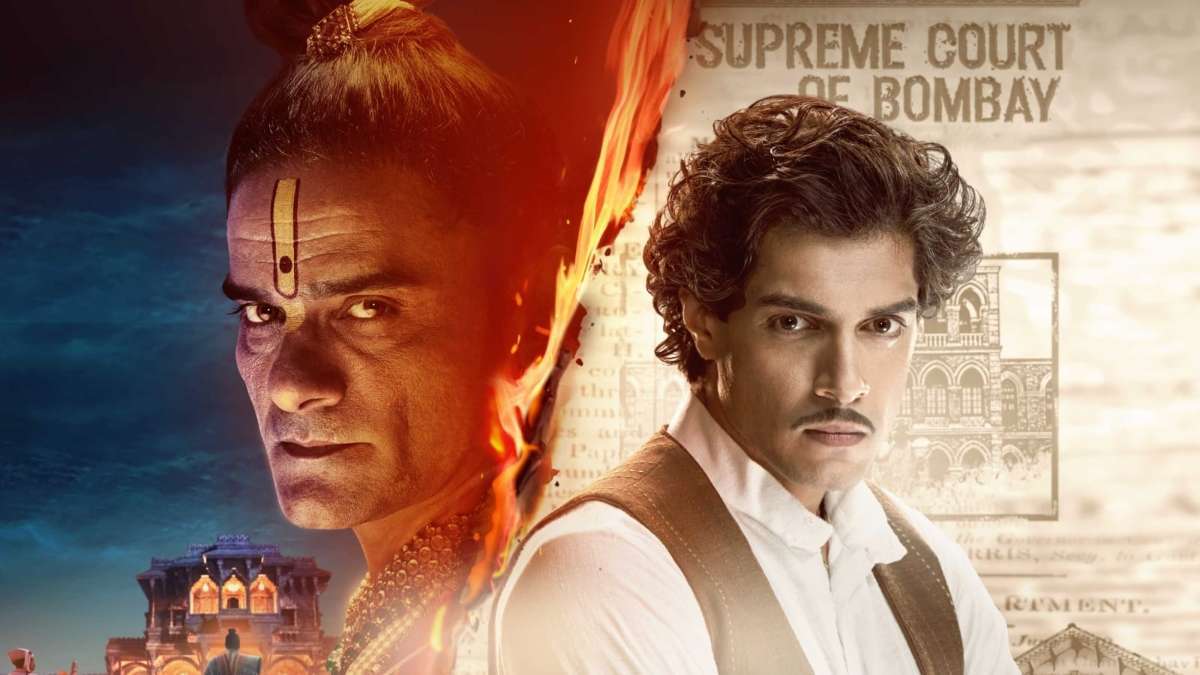
Aamir Khan’s son Junaid Khan is soon set to make his acting debut with the OTT film ‘Maharaj’. However, even before its release, his debut film has been mired in controversies. Several religious organizations have been demanding a ban on the release of the film. The Gujarat High Court on Thursday stayed the release of ‘Maharaj’. A Hindu group’s plea claimed that the film could incite violence against followers of a Hindu sect. Moreover, Bajrang Dal has filed a petition in Mumbai’s Dindoshi Court opposing the release of ‘Maharaj’.
Social media outrage on Maharaj’s release
A section of social media users has also demanded a ban on Junaid Khan’s film. On Thursday (13 June), the hashtag Boycott Netflix is trending on X. Hindu activists have expressed their apprehensions about the religious leaders being shown in a wrong way in Maharaj. For the unversed, Jaideep Ahlawat and Junaid Khan’s Maharaj is based on the Maharaj Libel Case of 1862. Yes! The film is based on a real-life incident and not on a fictional story that should be held accountable for making Hindu religious sadhus ‘miscreant and lustful’.
Moreover, keeping these controversies in mind, the makers of Maharaj had decided to release the film directly on OTT without any promotion, or teaser, trailer. Let us tell you that this film was to be released on Netflix tomorrow before Gujarat High Court’s stay order
What is the Maharaj Libel Case of 1862?
‘Maharaj’ is based on a true story in which Junaid Khan plays the role of journalist and social reformer Karsandas Mulji, while Ahlawat will be seen playing the role of Jadunathji Brijratanji Maharaj, one of the heads of the Vallabhacharya sect. The film is based on the 1862 Maharaj Libel Case which is considered one of the most important legal battles in India. It was also called, “the greatest trial of modern times since the trial of Warren Hastings”. A trial that ran Bombay High Court in 1862 was fought between real-life journalist Karsandas Mulji to expose the alleged sexual misconduct of religious leader Jadunathji Brijratanji Maharaj.
On April 22, 1862, the lawsuit was concluded with a ruling in Karsandas Mulji’s favour. Having spent a total of Rs 14,000 on the trial, the court granted him an award of Rs 11,500. Judge Arnould declared, “It is not a question of theology that has been before us to end the case. It has to do with morals.”
Also Read: Alia Bhatt starrer Jigra’s release date changed to avoid clash with Jr NTR’s Devara: Part 1